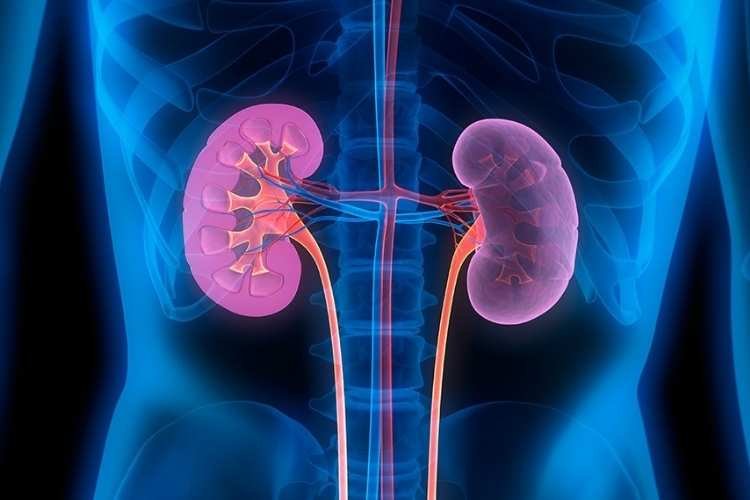Revivicor, a division of United Therapeutics, has unveiled a groundbreaking advancement in organ manufacturing technology, using genetically engineered tissues from pigs, signalling a beacon of hope for the future of human transplants. This development might be the precursor to extensive clinical trials, paving the way for revolutionary solutions to organ failure.
Revivicor’s announcement spotlighted a landmark case where a xenotransplanted organ exhibited normal function in a human body for an unprecedented duration. This modified kidney, specifically designed to address end-stage renal disease, offers a glimpse into the potential of xenotransplantation.
This pioneering procedure took place at NYU Langone Medical Center, where surgeons closely monitored the functioning of UThymoKidney—a uniquely manufactured kidney embedded with a section of the thymus gland, both sourced from the same genetically modified pig. The modifications included the elimination of a particular sugar at the cellular level, mitigating immediate organ rejection, while the integration of the thymus gland aimed at familiarizing the recipient’s immune system with the transplanted tissue.
This remarkable xenokidney was transplanted into a 58-year-old man, declared brain-dead and on ventilator support, with the procedure undertaken with the express consent of his family.
Simultaneously, the company announced the successful completion of its second xenoheart transplant at the University of Maryland Medical Center, executed with emergency FDA approval. The recipient, a living man with end-stage heart failure, had been previously deemed unsuitable for a conventional transplant due to underlying health complications.
United Therapeutics’ UHeart originates from pigs with ten meticulously modified genes—four being deactivated, with an additional six from human DNA integrated—to navigate the body’s immune defences and control organ growth to human proportions. The company is also progressing with the development of UKidney using the same genetic blueprint.
Furthering their commitment, the company is nearing completion of a $100 million state-of-the-art, pathogen-free facility in Christiansburg, Virginia. This establishment aims to accommodate the scale required for clinical xenotransplantation trials, with aspirations of producing approximately 125 organs annually, while simultaneously advancing ongoing preclinical studies.
The second transplantation of a UHeart into a living person and the extended study of a UThymoKidney in a decedent, coupled with other ground-breaking research by our collaborators at the University of Alabama at Birmingham, University of Maryland Medicine, and NYU Langone Health, form the basis of knowledge we are sharing with the FDA ahead of commencing future clinical studies of xeno organs in humans. We look forward to continuing our dialogue with the FDA with the goal of starting clinical studies in 2025.
– Leigh Peterson, Ph.D., United Therapeutics’ executive vice president for product development and xenotransplantation
United Therapeutics is spearheading seven organ manufacturing programs, including xenoheart, xenokidney, xenothymokidney, regenerative and 3D-printed lungs, livers, and kidneys. With around 110,000 individuals in the US queued for transplants and over 6,000 succumbing annually while awaiting, the company’s endeavors represent a pivotal step towards addressing the critical organ shortage and restrictive transplant criteria.
United Therapeutics has so far accomplished ten xenotransplantation procedures using its engineered organs, encompassing living and brain-dead recipients of xenohearts, as well as xenokidneys and thymokidneys. This milestone indicates a significant stride towards transforming the landscape of organ transplantation and offering a renewed lease on life to countless patients.





























